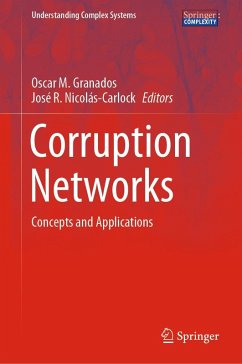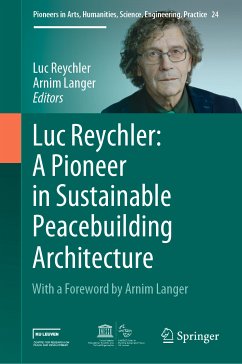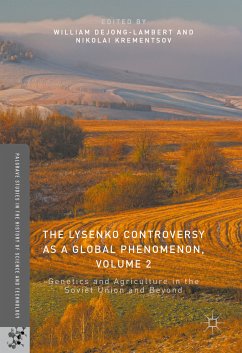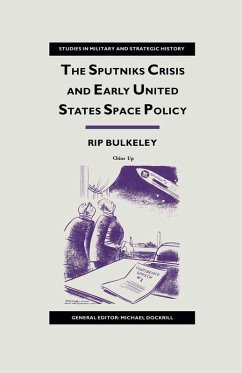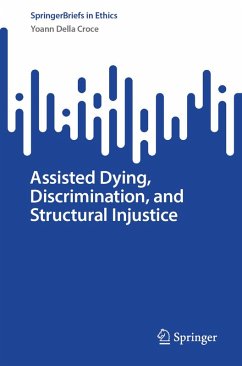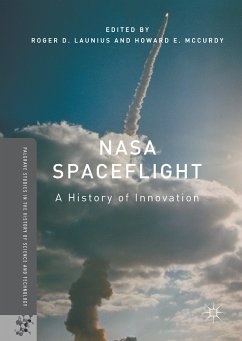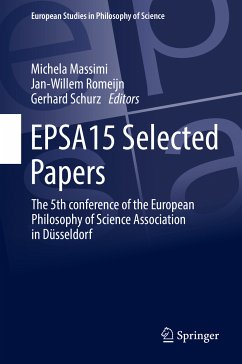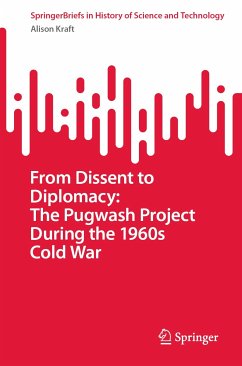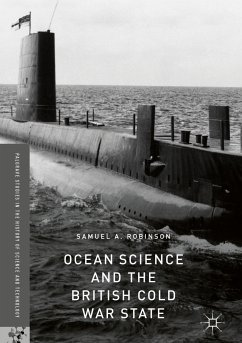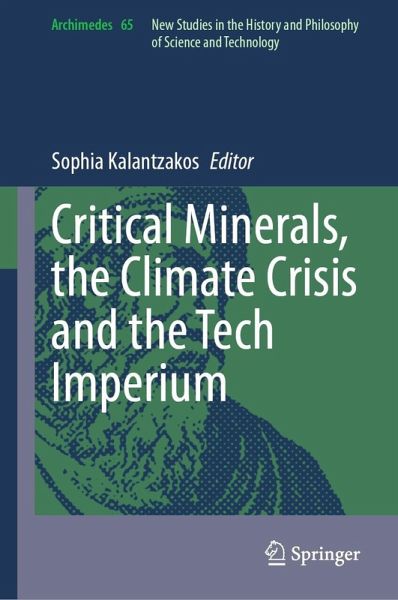
Critical Minerals, the Climate Crisis and the Tech Imperium (eBook, PDF)
Versandkostenfrei!
Sofort per Download lieferbar
96,95 €
inkl. MwSt.
Weitere Ausgaben:

PAYBACK Punkte
48 °P sammeln!
This book examines the latest manifestations of resource competition. The energy transition and the digitalization of the global economy are both accelerating even as geopolitics driven by Sino-American hyper-competition become increasingly contentious. The volume brings together an interdisciplinary group of scholars, policy makers, institutional stakeholders, and industry experts to analyze not only the transition itself, but also the implications that the need for uninterrupted access to unprecedented levels of raw materials generates. By framing the challenges ahead for global society, gov...
This book examines the latest manifestations of resource competition. The energy transition and the digitalization of the global economy are both accelerating even as geopolitics driven by Sino-American hyper-competition become increasingly contentious. The volume brings together an interdisciplinary group of scholars, policy makers, institutional stakeholders, and industry experts to analyze not only the transition itself, but also the implications that the need for uninterrupted access to unprecedented levels of raw materials generates. By framing the challenges ahead for global society, governance, industry, international power politics, and the environment, the book asks hard questions about the choices that need to be made to reach net zero by mid-century. Moreover, it sheds light on different facets of the growing risks to what have been global interdependent supply chains in a way that is nuanced, balanced, and practical, thus pushing back on some of the most sensational headlines that breed confusion and may lead policymakers to make more narrow and less effective decisions. The volume is an outcome of "Rich Rocks, the Climate Crisis and the Tech-imperium" a Summer Institute at Caltech and the Huntington that took place in July 2021.
Dieser Download kann aus rechtlichen Gründen nur mit Rechnungsadresse in A, B, BG, CY, CZ, D, DK, EW, E, FIN, F, GR, HR, H, IRL, I, LT, L, LR, M, NL, PL, P, R, S, SLO, SK ausgeliefert werden.



